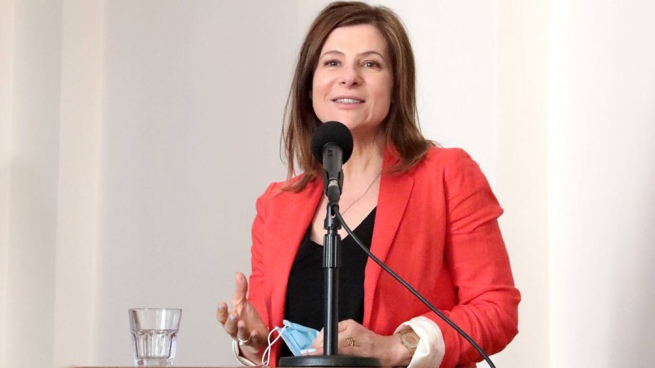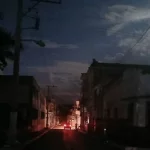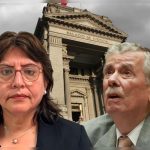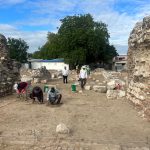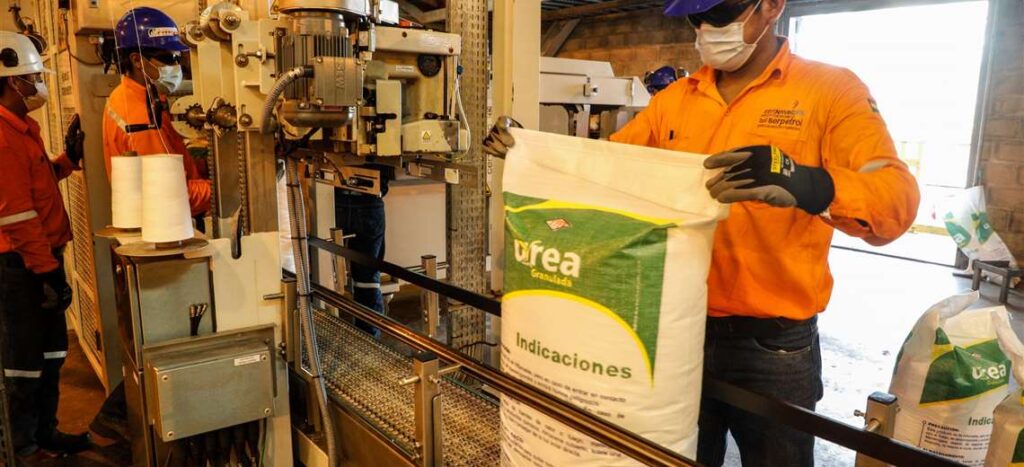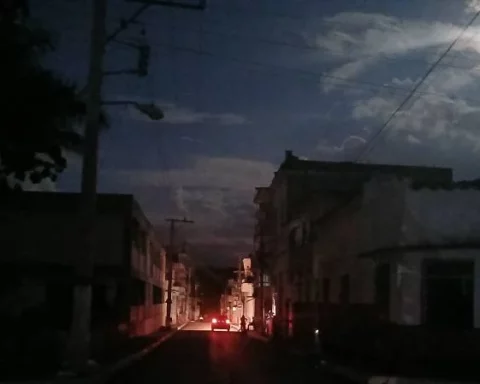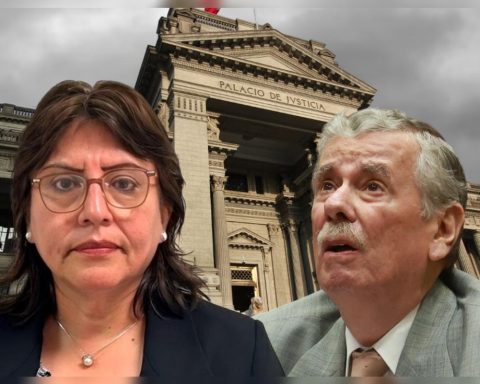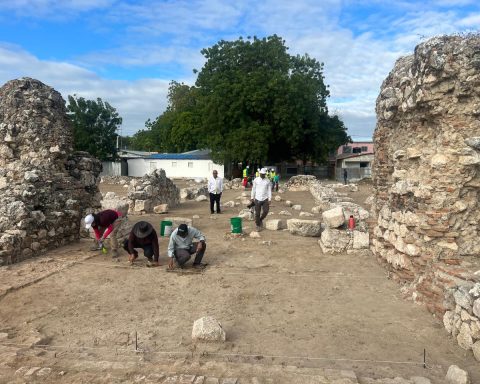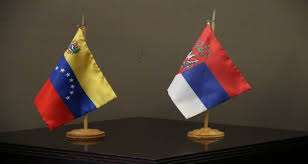The president of the Cultural Institute of the province of Buenos Aires, Florencia Saintout, stressed that for the Buenos Aires government it is essential “to attend to vulnerable populations and their right to culture.”
Saintout comes from the academic field -she is a teacher and researcher, has a doctorate in Social Sciences, a master’s degree in Communication Sciences and has a post-doctorate in Communication and Culture-, but that journey was always crossed by political militancy.
The first time that it was included in a list was when then President Cristina Kirchner proposed it in 2013 and, since then, Saintout was a councilor, a provincial deputy, a candidate for mayor of La Plata and head of the Coordination Council with the University and Scientific System.
Her agenda as a legislator was focused on initiatives related to culture, the struggle of women and diversities, and human rights, and she is the author of several books with the main focus on young people as political and cultural subjects.
As dean of the Faculty of Journalism at the University of La Plata, she presented the Rodolfo Walsh prize for popular communication to presidents such as Hugo Chávez, Rafael Correa, Cristina Fernández de Kirchner and Dilma Rousseff, and figures such as René Pérez Juglar, singer of Calle 13 , and the president of the Mothers of Plaza de Mayo, Hebe de Bonafini.

Is currently holder of the chair Communication Studies in Latin America and teaches Communication and Reception, and Youth Cultures and Communication.
He also directed the Observatory of Youth, Communication and Media, and the Aníbal Ford Center for Research on Latin American Socio-symbolic Problems. Last year, she launched the Libre Eva Perón chair with a first seminar on popular feminism and women’s participation in politics.
Now, joined Axel Kicillof’s team and, in an interview with Télam, he announced that he will work on “the creation of a Buenos Aires market for cultural industries.”
-Saintout, what did the governor ask for the area?
-He raised the need to think about six years of reconstruction and repair to leave behind six years that were very difficult. Four from the macrista disaster and two from the coronavirus pandemic. Those were very hard times for the cultural field, for cultural workers and artists. Kicillof asked us to work hard to repair, build and transform.

-What are your main objectives for the area?
-In the first place, what it has to do with the repair instance. It is important to attend to vulnerable populations and their right to culture, which has been violated. We are going to continue working on access and cultural production in these sectors. In addition, in the repair of cultural facilities that were devastated by the macrista management. The first week I took office, the works began at the Teatro Argentino. They are rubble removal works, it is the ground floor to make the Theater work. The other goal is to link culture to work. We are going to promote the institutionalization and formalization of culture workers. Culture also has to do with the creation of an industry market for the sector in the province.
-How would that be implemented?
-In the province a lot is produced, counted and recorded. We believe that it is essential to articulate everything that exists and support from the State the creation of the province as an audiovisual hub. Articulate the existing film festivals, create our platform that allows the circulation of what is produced, articulate with what is produced in the universities in audiovisual terms and also with the Nation in the generation of audiences in the audiovisual sector. We are also going to work on the creation of audiences, that implies calling new authors and also opening spaces for culture. We think of supporting the distribution of small Buenos Aires publishers and accompanying the creation of bookstores. They were two terrible years, but work was done on the zero degree of culture, which is the construction of catalogs to see what was there, a culture reactivation fund was created and distributed because the cultural centers, theaters, cinemas and bookstores were closed. It’s up to us to turn on the light of all this that was worked on these two years and repair what was destroyed. Cultural policy has to contribute to a sovereign project.
-What are the cultural proposals for the summer?
-We are facing a season that is extraordinary in terms of tourism because the province invested in this season and also in the creation of a very diverse cultural agenda. There are six points of the Recreation Program with cultural proposals throughout the province. There are proposals for the Auditorium with 22 works and 130 performances in the summer; the Huellas program, with musical shows by local artists; there is the mobile library, the cultural train and the mobile cinema with proposals for children. The summer will also work on the Acompañar Escuela program to deepen the bond between the kids and the school, there will be 300 cultural interventions, with circus workshops, theater and musical shows.
-Do you plan to prioritize local artists?
-Clear. We are going to work with artists from Buenos Aires. We are going to build the information on who the men and women are in the different areas of culture with the catalogues, but we are also going to value these disciplines. Axel (Kicillof) talks a lot about the Buenos Aires identity. There is a job there because there is no identity without culture. Culture is built by Buenos Aires artists and we have to work in that double dimension. Analyze where we come from, where we are going and who we are, the people of Buenos Aires in our diversity.
-What are the plans for the Argentine Theater?
-The Theater is closed to the public, but debris removal is underway. Then there is a work plan to get it back up and running. In recent months, there has been a spring-summer season in the dry square, outside. There is a work plan and we hope to have a schedule soon. The Argentine Theater must be an art center for the entire province, like our Buenos Aires CCK.
-Are you going to work on a reading policy?
-It is essential that the Institute carry out a reading policy. Not only is it in charge of the Central Library, but it also subsidizes 500 popular libraries in the province. Reading is part of an unavoidable dimension of culture for cultural policy. Reading implies the opening to other worlds, it implies the scriptural culture, which is the culture of the argument, of the argumentative reason. In such a savage world where neoliberalism expects that we cannot critically think or develop any view of the world, culture is a fundamental crack in that idea. We are going to work on bookstore policies, book distribution, exchanges between authors, festivals, poetry meetings and book stores. Also, book fairs because around reading there must be thought, enjoyment, work and industry.
